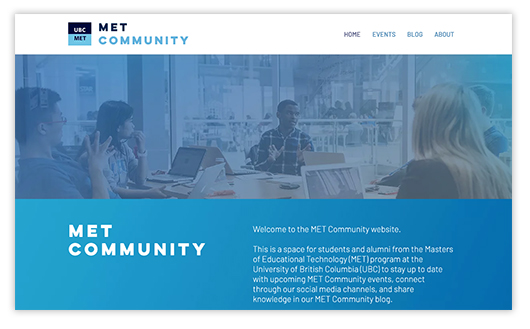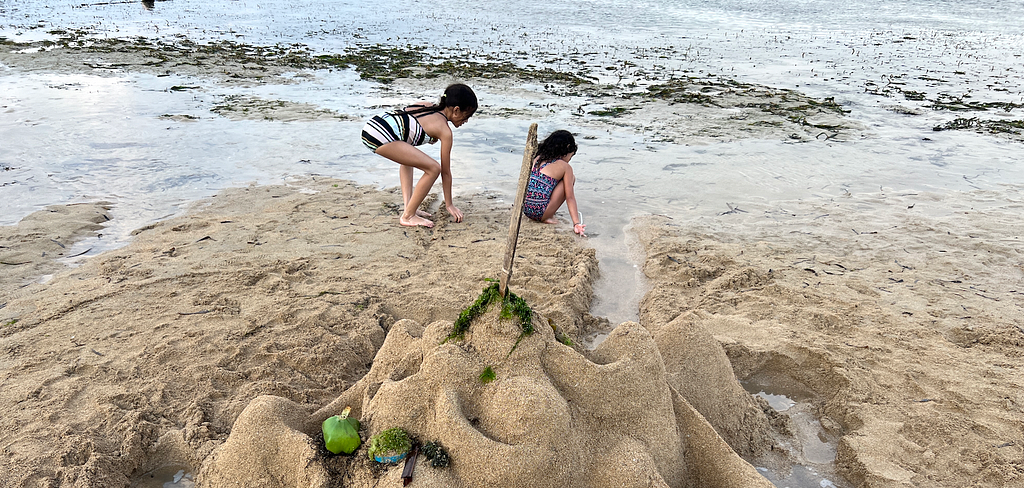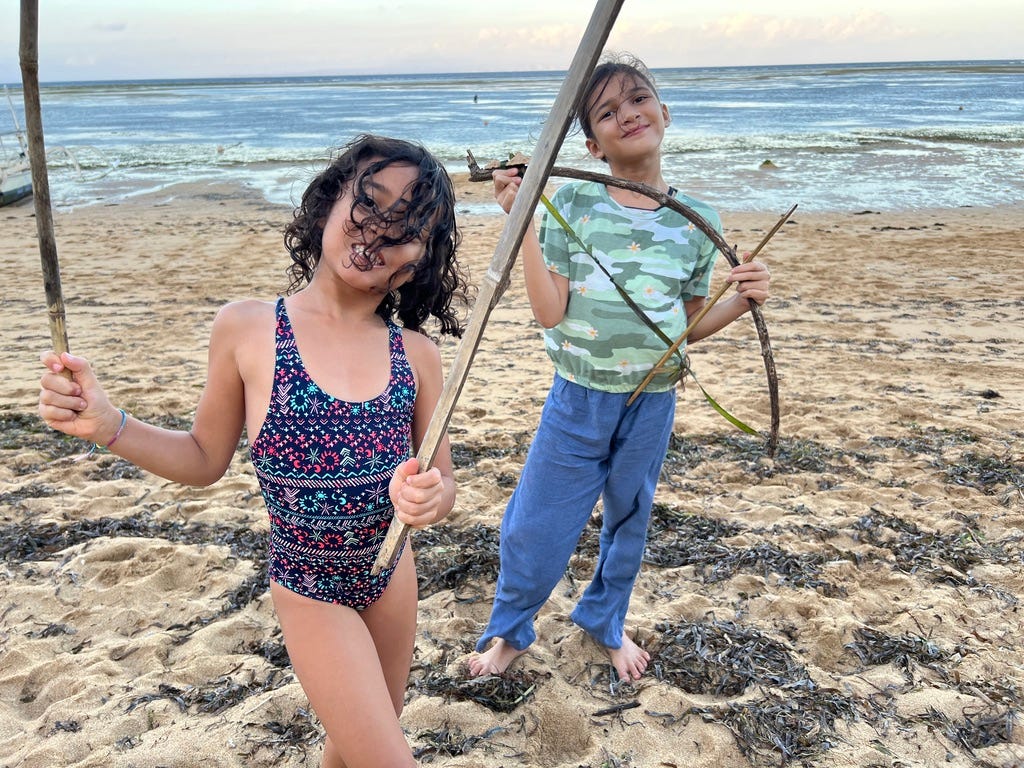Welcome to the MET Community Hub, connecting you to the social infrastructure of UBC’s Master of Educational Technology (MET) virtual community.
Alumni and current students are warmly invited to join any of the MET social media channels that are part of the MET Community. The MET Community is developed and managed by MET Community members, students, faculty, and alumni. It comprises a collection of channels where MET students, faculty, and alumni can share ideas, stories, and questions in the name of a supportive educational technologists group. It offers you access to a valuable professional and academic network and spaces to share ideas, resources, and advice.
Join us!
MET Community Website
Visit our new MET Community website. It features:
• An events section, in which you’ll find information and registration links to upcoming EdTechTalks and workshops. You will also find the recordings of all previous MET Community events.
• The MET Community Blog, which consists of articles written by MET alumni and students to share EdTech-related information and/or share their work. If you are interested in participating in this project, you can sign up on the website.

Latest YouTube Video
Visit the UBC MET Community YouTube channel to view more videos.
Latest Posts from MET Community Tech & Education Bloggers
View all blogs at https://met.ubc.ca/met_blogs/
Helen DeWaard
Five Flames 4 Learning
Reflecting on GO-GN
Noan Fresnoux
The Leap Academy
Nature Differentiates… Naturally!

I was at the beach a few days ago with my family near sunset. The tide was out and the seagrass meadows were ripe for exploration. We often seek out this time because you can see some incredible and unique creatures. We were on Sanur beach, with a number of people doing the same.
A Balinese woman whom we had exchanged pleasantries with beckoned us over, somewhat excited to share her find. She had a stick in hand, and was pointing to an odd melon shaped thing with rough texture lying in shallow water and sand.
With a grin, she said “Lihat… ada unggu!” And prodded the blob.
Out came a stream of very purple liquid, tinting the flow of water vibrantly. I was struck with wonder. As were my daughters and wife. In our 8 years visiting this spot, none of us had seen this creature before.
I started to think about the phylogenetic tree and where this thing may sit, while my eldest daughter pieced together a set of unique descriptors. My youngest daughter tried to find the eyes and feet of the blob. All of us wondered if we would get poisoned if we touched it.

The situation I am describing above is reflective of a typical day in nature. We bear witness to an incredibly complex system, one which even experts at the top of their field could not fully explain. In reflection of this event, I put on my educator hat and started to think about what I could glean from such a scenario.
What I find by and large is that the more authentic a situation is, the less differentiation needs to be defined. It is not to say that we all capture the same understanding of an authentic situation, but that is the beauty of it. Each individual can explore the situation through their own lens and context. Furthermore, nature provides an opportunity to apply a range of skills in building understanding. Perhaps other concepts like scaffolding fall victim to a natural way of learning?
Let’s play out the scene I started to describe a bit to exhibit these statements:
To start with, every single person present was at a different journey in their knowledge. My background in Marine Biology allowed me to access ideas around identifying species, and what unique properties may be found in various marine organisms. The lack of exoskeleton and inky substance both led me to believe I was looking at a type of mollusk. The Balinese woman on the beach likely has developed discerning eyes, used to foraging and seeking out items of interest here. I had been in the same location for some time, obvious to the fact that only meters from me was a strange sea creature.
My daughters both drew from their respective toolkits to uncover the strange beast. My younger daughter probed her own mental models of what animals should look like, while remaining full of questions and wonder. My older daughter started to piece the puzzle together, using her own knowledge to surmise what the organism was.

Through using the clues we collectively pulled together, we were able to find out what exactly it was we were looking at. It turns out that the animal was called a Sea Hare, a kind of mollusk common in SE Asia, and known to express purple ink when stressed (aka poked and prodded). Beyond being able to identify the creature, we also learned a little about its distribution as well as some of the unique properties. It turns out this fellow is the source of a promising anti-cancer compound, which led to a whole new conversation about how and why such compounds exist and might be extracted or synthesized. A small bout of wonder had led us down a rabbit hole of inquiry, where all the learners together had a chance to take in the wonder of our planet.
When it comes to how such an event was scaffolded, the secret lay in our group’s composition. We had diversity in age and interest, and all members were able to take a moment to share their perspective and understanding. Together, we all emerged more aware and more knowledgeable… that to me sounds like a pretty good result for a completely unintended learning experience!

Two of the core tools educators rely on to design and implement learning these days are scaffolding and differentiation. Are we doing this work as a stop gap measure, to plug a hole that we have self created through moving towards a less authentic, less diverse learning environment? Perhaps we can’t apply such a natural approach to everything we need to learn, but how far have we strayed from embracing natural learning at its best?
Moumita Chakraborty
Blank Slate Chronicles
Cari Wilson
This & That – Tuesday’s Technology Tips
Year Round School and The 4 Day Week?
Erica Hargreave
Erica’s Speaking Site
Coil Web Monetization Plugin for WordPress – Set Up and Troubleshooting Issues
Coil has created a Web Monetization WordPress plugin. In this post, I walk you through the steps in setting up the Coil Web Monetization WordPress plugin, including troubleshooting of some common set up issues.
The post Coil Web Monetization Plugin for WordPress – Set Up and Troubleshooting Issues appeared first on Erica Hargreave.
Ahimsa Media Blog
Animated Storytelling Online Summer Camp!
This summer we aim to hone in on the endless imagination and creativity of youth as we teach them animated storytelling in this online summer camp. Together we will enter the exciting world of interactive digital storytelling by creating animated books and stop motion videos.
The post Animated Storytelling Online Summer Camp! appeared first on Ahimsa Media.
StoryToGo Blog
Meet Henry Hargreave, a 12-Year Old Game Developer and Filmmaker, and Our New Storyteller
Meet our newest storyteller, 12-year-old Henry Hargreave, who will be sharing his journey as a budding game developer and filmmaker, and the lessons he learns along the way.
The post Meet Henry Hargreave, a 12-Year Old Game Developer and Filmmaker, and Our New Storyteller appeared first on StoryToGo.
Tannis Morgan
Explorations in the Ed Tech World
Top 5 Health Risks & Hazards of Untreated Water Damage
Water damage can be a devastating problem for homeowners. Whether it’s a burst pipe, a leaking roof, or a natural disaster, it can cause significant harm to your property. However, the consequences of untreated water damage go beyond structural issues. In this article, we will explore the top 5 health risks and hazards associated with […]
The post Top 5 Health Risks & Hazards of Untreated Water Damage appeared first on Splash Safe In SC.